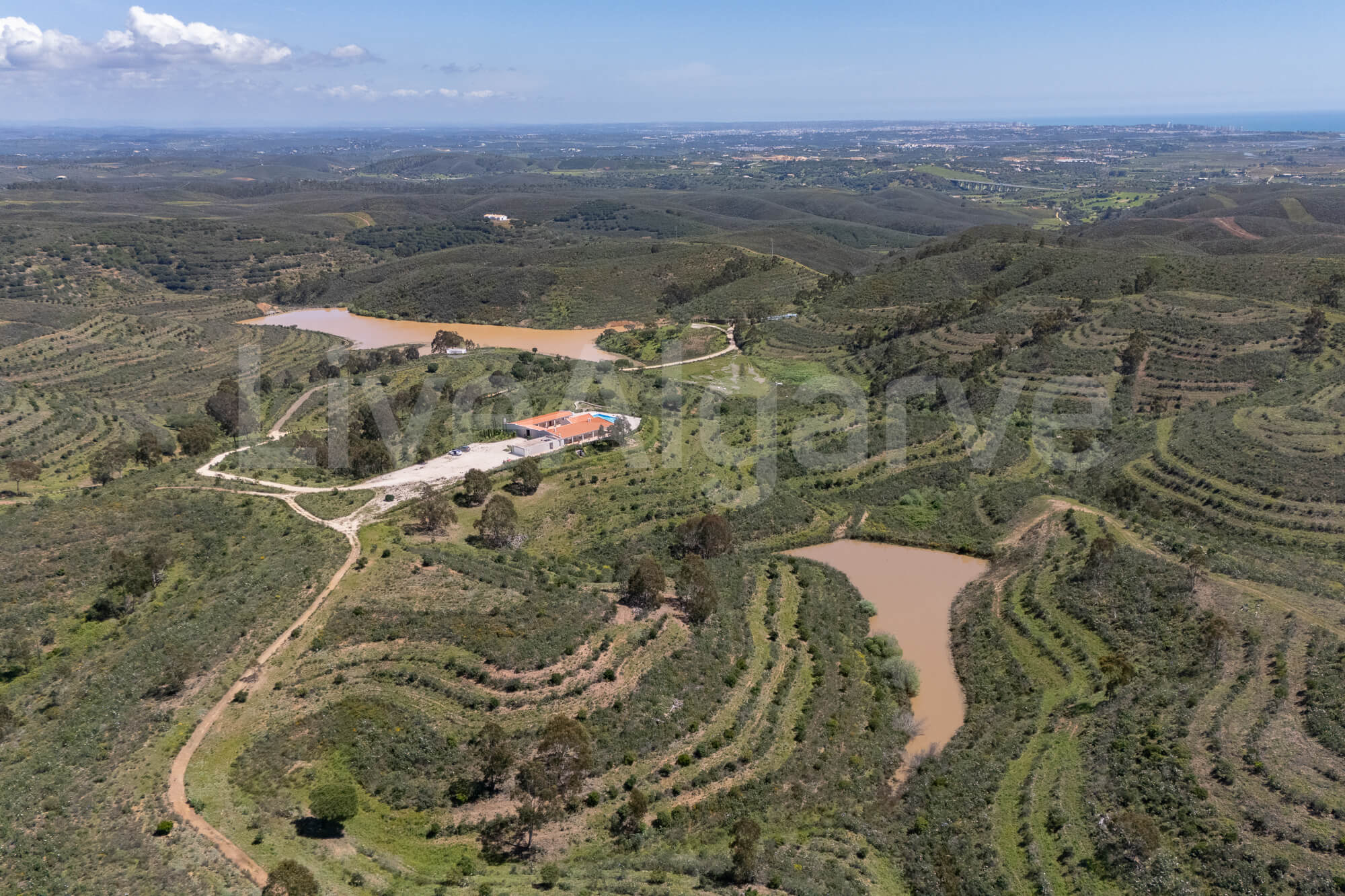What Comes Next After Buying Land in Algarve?
|
Discover what comes after buying land in the Algarve. From understanding zoning rules to setting up utilities and hiring professionals, here's how to turn your plot into a successful project. |
|
By LiveAlgarve on 11th April 2025 - 3-4 m. reading time Now that the paperwork is signed and the land is officially yours, you might be wondering, what’s next? Buying land in the Algarve is just the beginning of an exciting journey, but it isn’t always straightforward. It can be a complex process, especially if you're new to it. You probably have plenty of ideas, but there are just as many things to consider. This guide walks you through the next steps after your purchase, helping you make the most of your land while avoiding common setbacks. Understanding Zoning and Land Use RegulationsNot all land in Portugal can be freely developed. Not all land in Portugal can be freely developed. Local regulations determine what can be built, where and how. These rules help maintain sustainable growth, protect the environment and ensure properties are used appropriately. Before making any plans, check the zoning classification:
To confirm what’s allowed, visit the local Câmara Municipal (Town Hall) and review the PDM (Plano Diretor Municipal), which outlines land-use rules for the area. Obtain the Necessary PermitsIf you plan to build, you’ll need a Licença de Construção (Building Permit). This process involves submitting architectural plans to the local council for approval. A registered architect or engineer must prepare these plans and approval can take several months. Once granted, you’ll receive an Alvará de Construção, which is the final permission to begin construction. It’s crucial not to start building without the necessary permits, as this can lead to legal issues or fines. Setting Up InfrastructureMany plots don’t come with immediate access to essential services, so setting up infrastructure is one of the first steps after buying land. Depending on the location, you may need to arrange for the following:
Before finalising your building plans, it’s worth checking with local providers to understand what’s available and what will need to be installed. Hiring ProfessionalsIf you’re building on the newly acquired land, it is critical to ensure the process is done legally and efficiently.
Understand Taxes and Ongoing CostsOwning land in Portugal comes with ongoing financial responsibilities. The main tax to be aware of is IMI (Imposto Municipal sobre Imóveis), an annual tax based on the land’s value. Some municipalities may also charge infrastructure fees, especially if roads or utilities are being developed nearby. If you’re looking at land for sale in the Algarve, Live Algarve can help. |
